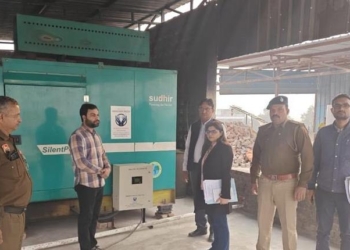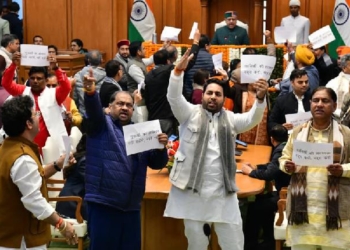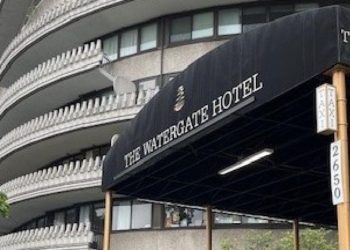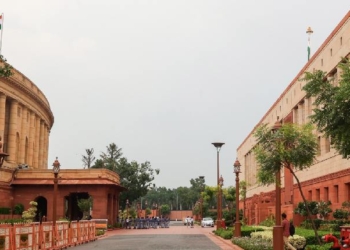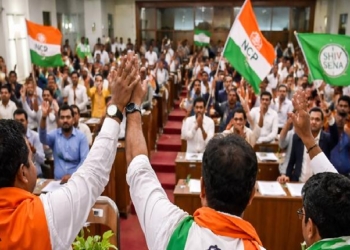New Delhi: The Supreme Court on Thursday held, as unconstitutional, the practice of employing “lower caste” jail inmates in cleaning and manual scavenging work in prisons.
A bench, headed by CJI D.Y, Chandrachud directed that the “caste” column and any references to caste in prisoners’ registers inside the prisons will be deleted.
The Bench, also comprising Justices J.B. Pardiwala and Manoj Misra, asked all states and Union Territories to revise their prison rules providing caste-based division of labour in jails within a period of three months.
Further, it also asked the Union government to make changes in the Model Prison Manual 2016 and the Model Prisons and Correctional Services Act 2023 within three months.
The apex court took suo motu cognizance of the discrimination inside prisons on any grounds such as caste, gender, or disability, and ordered listing the case “In Re: Discrimination Inside Prisons in India” after a period of three months.
“On the first date of hearing of the above suo motu petition, all states and the Union government shall file a compliance report on this judgment. The DLSAs and the Board of Visitors formed under the Model Prison Manual 2016 shall jointly conduct regular inspections to identify whether caste-based discrimination or similar discriminatory practices, as highlighted in this judgment, are still taking place inside prisons,” it said.
Further, the Supreme Court asked the National Legal Services Authority (NALSA) to prepare a common status report after compiling reports of joint inspections conducted by DLSAs and the Board of Visitors.
The writ petition filed before the top court contended that forced employment of “lower caste” prisoners in cleaning and manual scavenging work in the state prison manuals amounts to state-sanctioned untouchability, and such practices need to be removed root and branch from society.
It added that the practice of forced employment of the “lower caste” prisoners in conservancy work is in direct violation of ‘The Prohibition of Employment as Manual Scavengers and their Rehabilitation Act, 2013’, which prohibits any person or agency from engaging or employing any person in manual scavenging.
The petitioner Sukanya Shantha said that “many state prison manuals still discriminate against members of denotified tribes through segregation, classification, and other discriminatory practices within prisons” when the Constitution Bench of the Supreme Court had held that a prisoner enjoys all constitutional rights and protections except those that are impaired naturally and directly as a result of the confinement.
(IANS)





